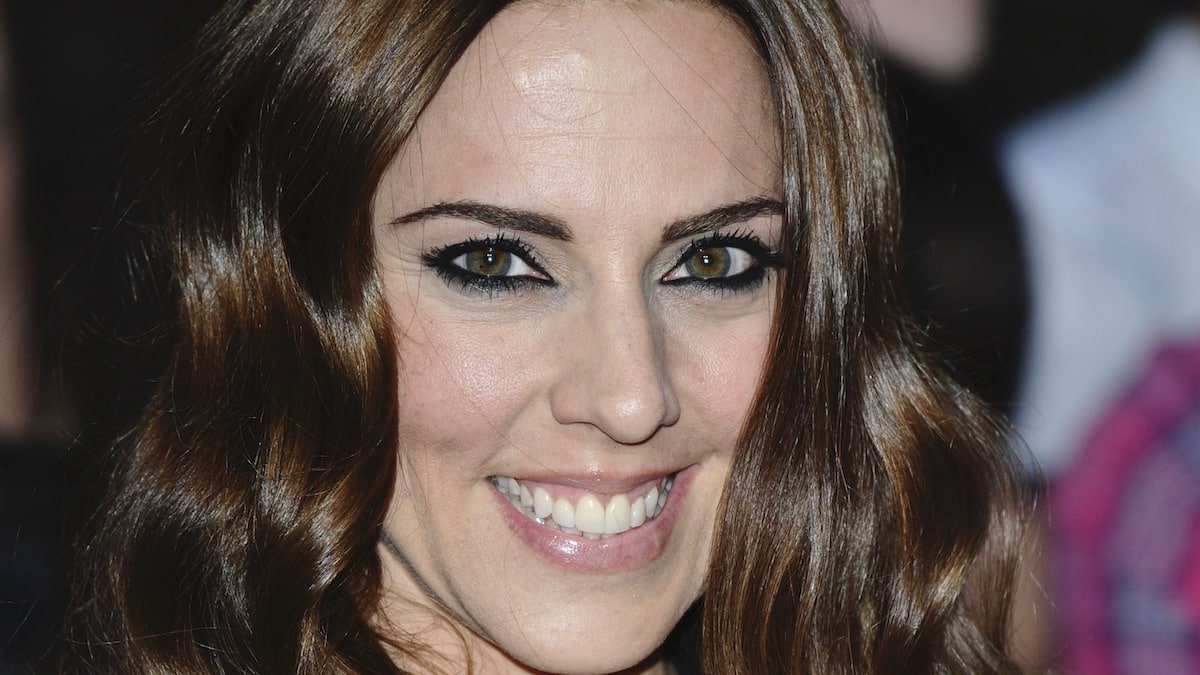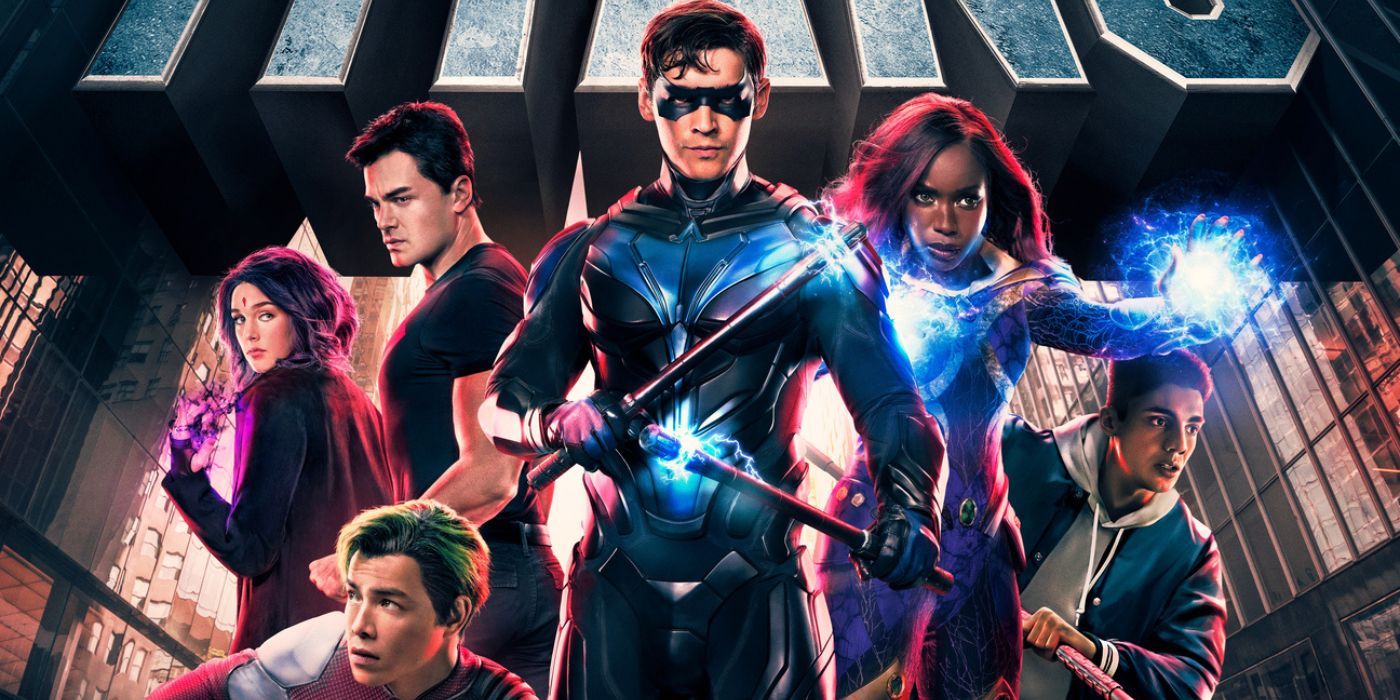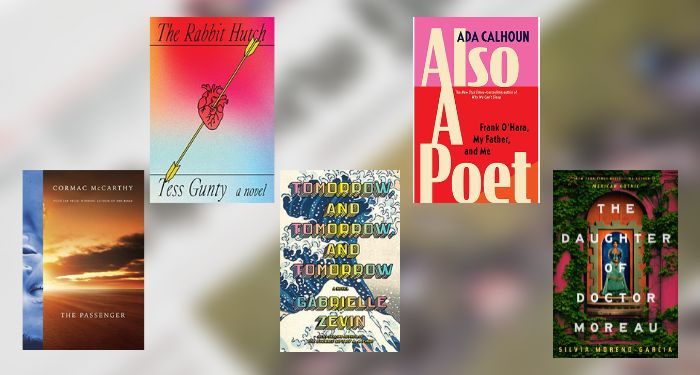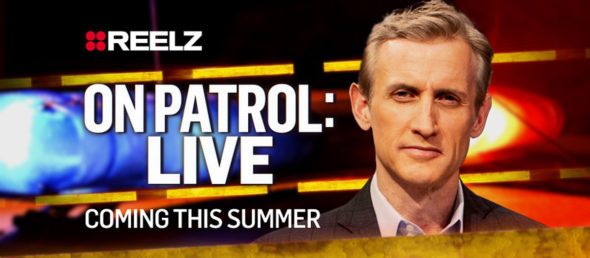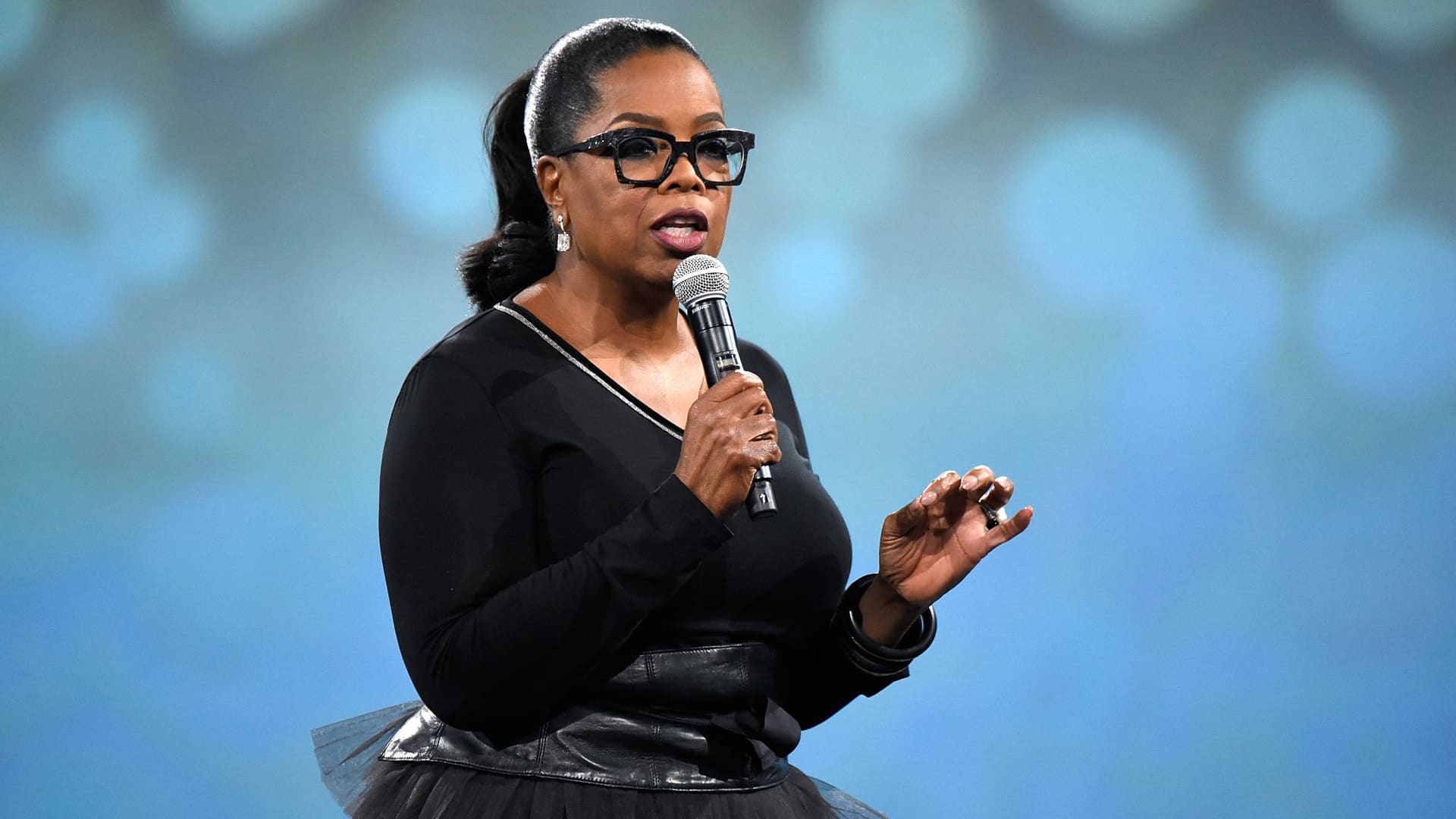The 2022 FIFA World Cup is now underway in Qatar, and brands are lined up to reach the 5 billion fans globally who are expected to watch the tournament, which runs through December 18. Many advertisers are integrating connected TV (CTV) and over-the-top TV (OTT) into their omnichannel approach, in order to reach the many younger viewers who will be streaming the content, according to Bridget Hall, planning director, Americas for M&C Saatchi Performance.
Here’s how brands are approaching this year’s FIFA World Cup.
Younger viewers on streaming. Viewing habits have changed. To cover all the bases in a fragmented media landscape, OTT and CTV are an essential part of mix.
“Younger viewers tend to stream sports across a variety of devices, and OTT advertising is a smart way to drive scale against that demographic,” said Hall.
OTT/CTV measurement. “One of the most exciting evolutions for performance marketers who want to reach World Cup streamers is the ability to use mobile measurement partners to evaluate cross-screen conversions and website traffic coming from OTT advertising,” Hall said.
Dig deeper: Brands are betting heavily on CTV
Cross-channel domination. Best CTV practices include cross-channel calls to action and tie-ins.
“To cut through the clutter, brands need to build engaging CTV ads that direct users to an app or website with a strong end card,” Hall explained.
She added, “Brands should capitalize on the fact that the industry is evolving rapidly away from linear broadcast domination towards streaming and social.”
For instance, McDonald’s FIFA World Cup campaign is featuring Jason Sudeikis, in-character as Ted Lasso, from a TV series that launched on streaming (Apple TV+). To round out the lineup, the campaign also drafted TikTok influencer Khaby Lam and Twitch streamer Edwin Castro.
Dig deeper: How marketers are preparing for the future on Twitch and in-game ads
Sticking to the brand message. To mitigate brand risk from their involvement in a controversial World Cup, brands are sticking to their own message.
“I predict a lot of advertisers will be focused on cultural values and feel-good moments,” Hall said. “It’s not just about selling a product or tagline but using a storyline to pull on consumers’ heartstrings or associate the brand with mission-driven messaging. I’m thrilled to see brands that are emphasizing diversity and inclusion within the talent.”
Why we care. World Cups and Olympics are global events that result from years of planning. Viewers, billions of them, are watching all over the world. The convenience of streaming games over multiple channels on-demand increases the CTV and OTT opportunities for advertisers. While short-form content is preferred on a platform like TikTok, the month-long duration of the tournament allows brands to tell a story through each round of the competition.
Get MarTech! Daily. Free. In your inbox.
























































![Key Metrics for Social Media Marketing [Infographic] Key Metrics for Social Media Marketing [Infographic]](https://www.socialmediatoday.com/imgproxy/nP1lliSbrTbUmhFV6RdAz9qJZFvsstq3IG6orLUMMls/g:ce/rs:fit:770:435/bG9jYWw6Ly8vZGl2ZWltYWdlL3NvY2lhbF9tZWRpYV9yb2lfaW5vZ3JhcGhpYzIucG5n.webp)





